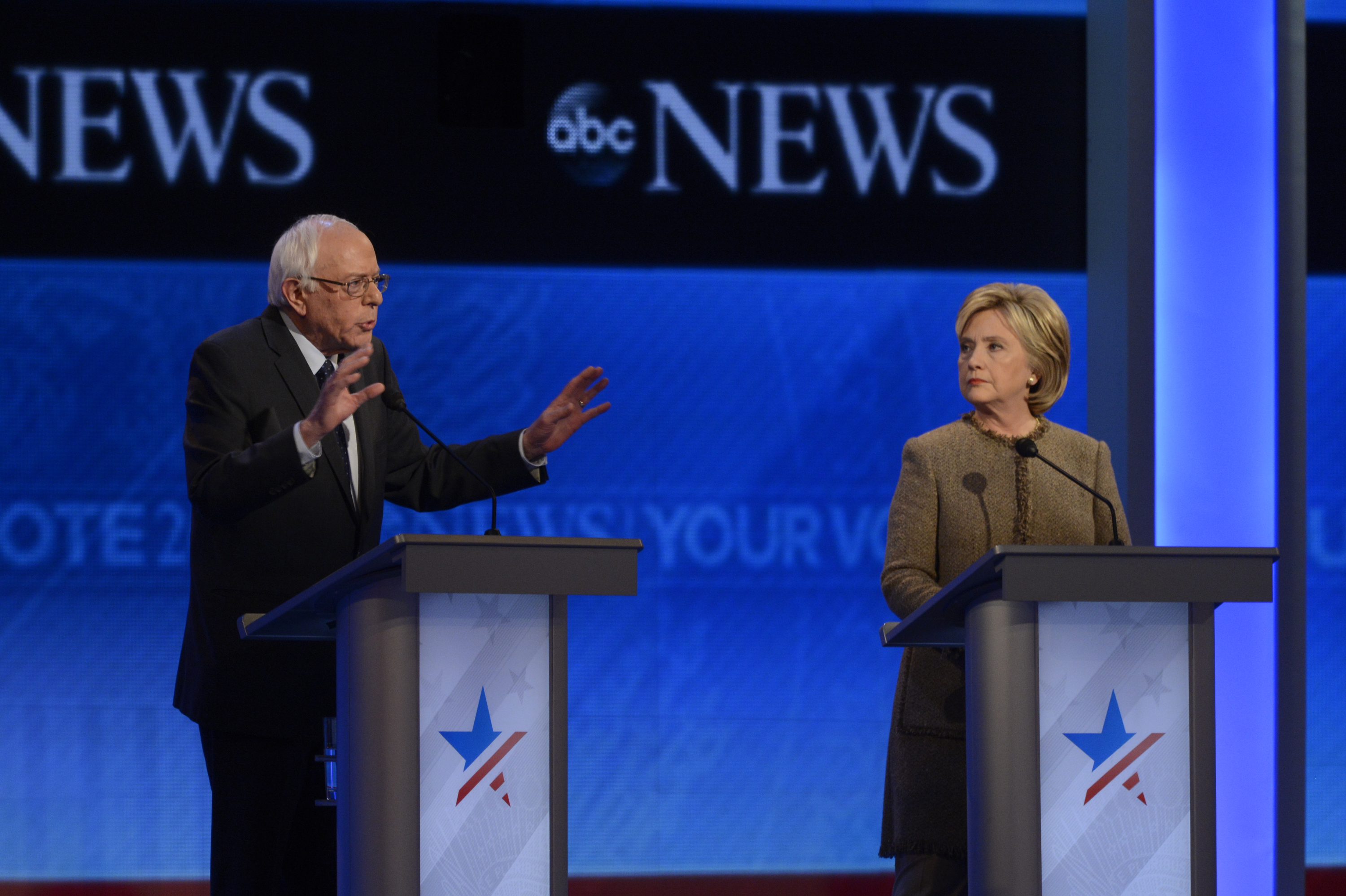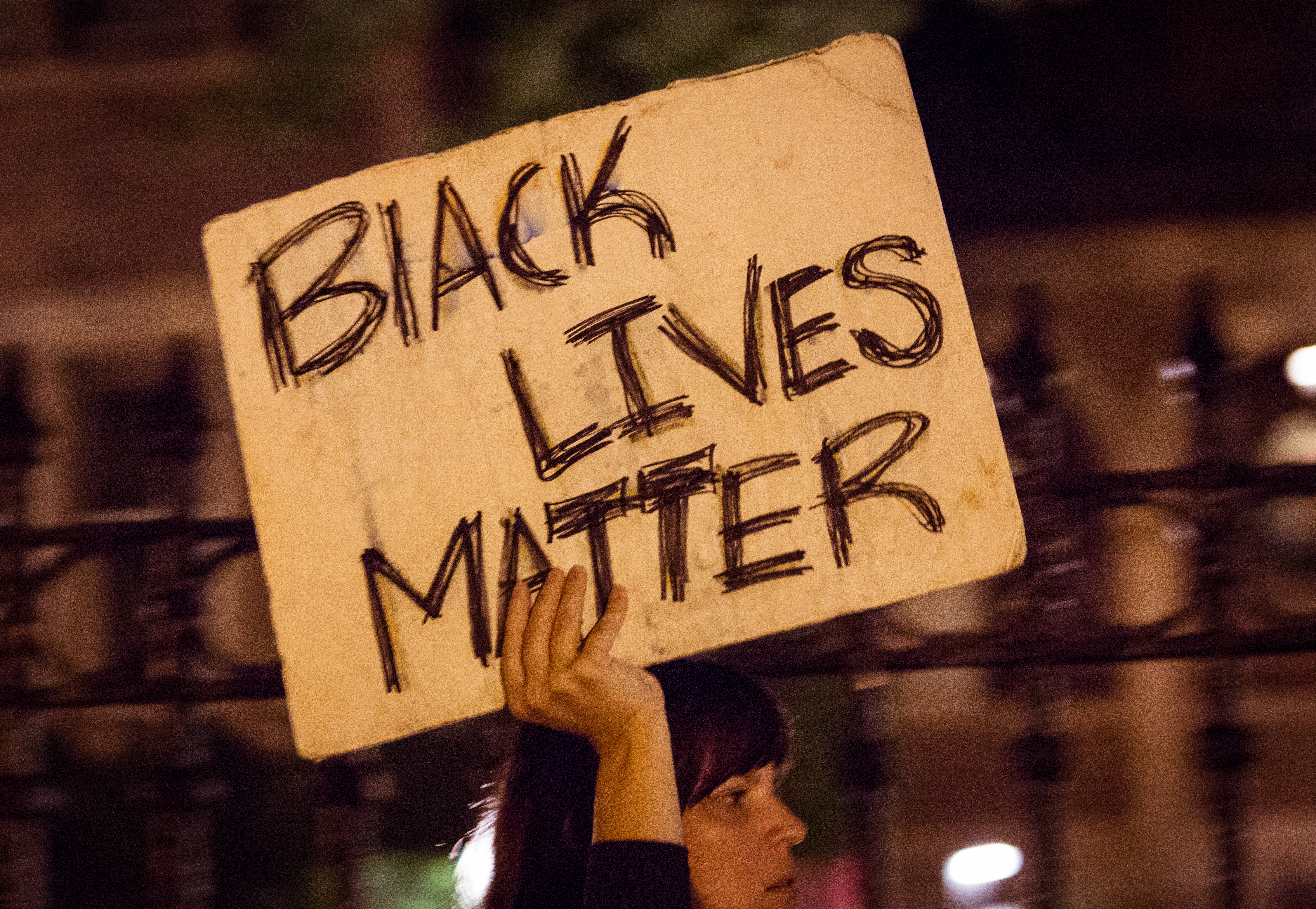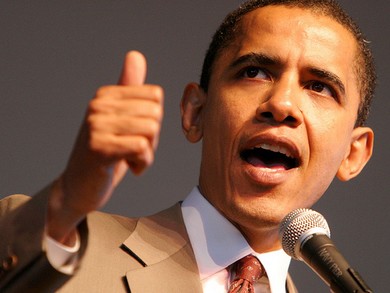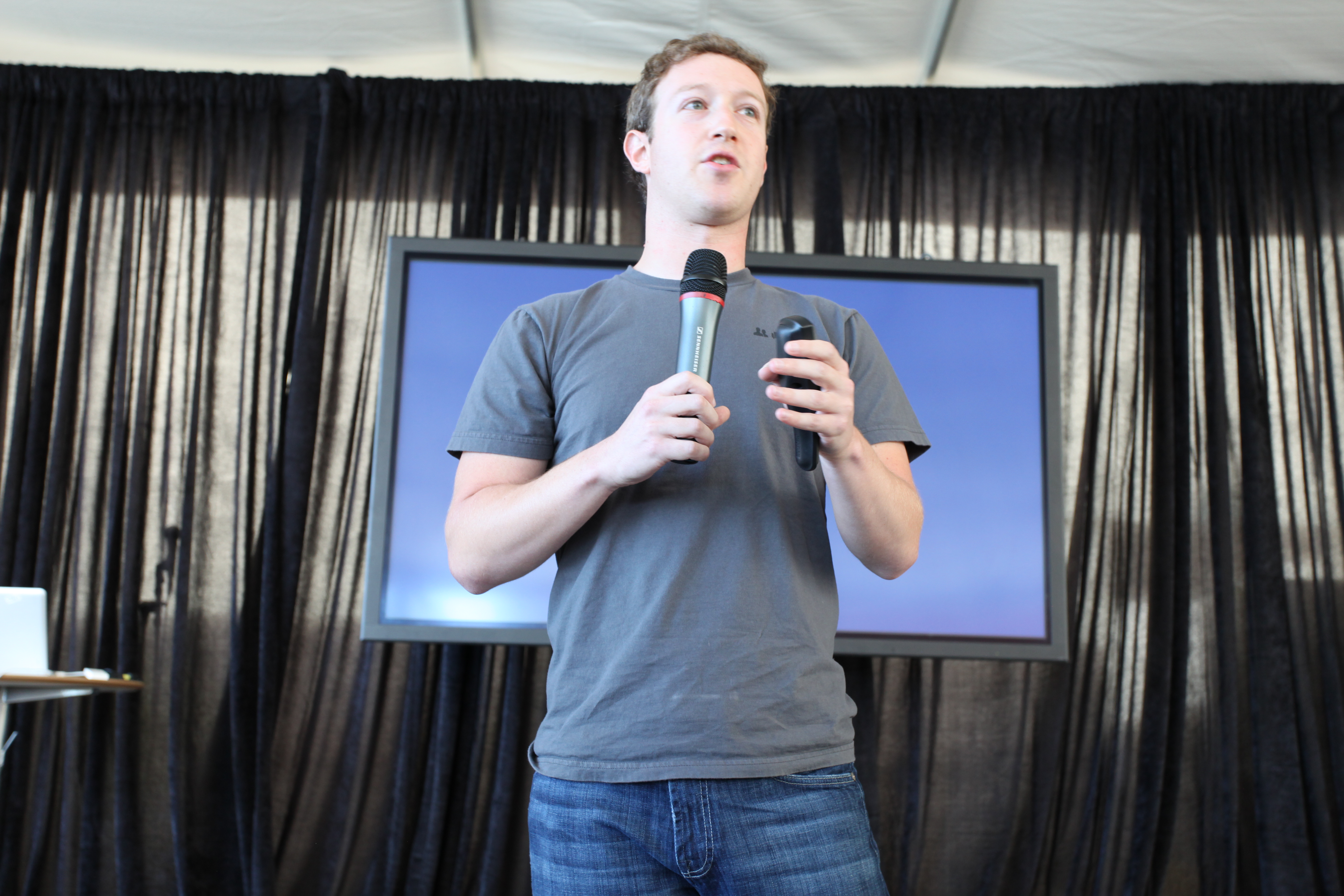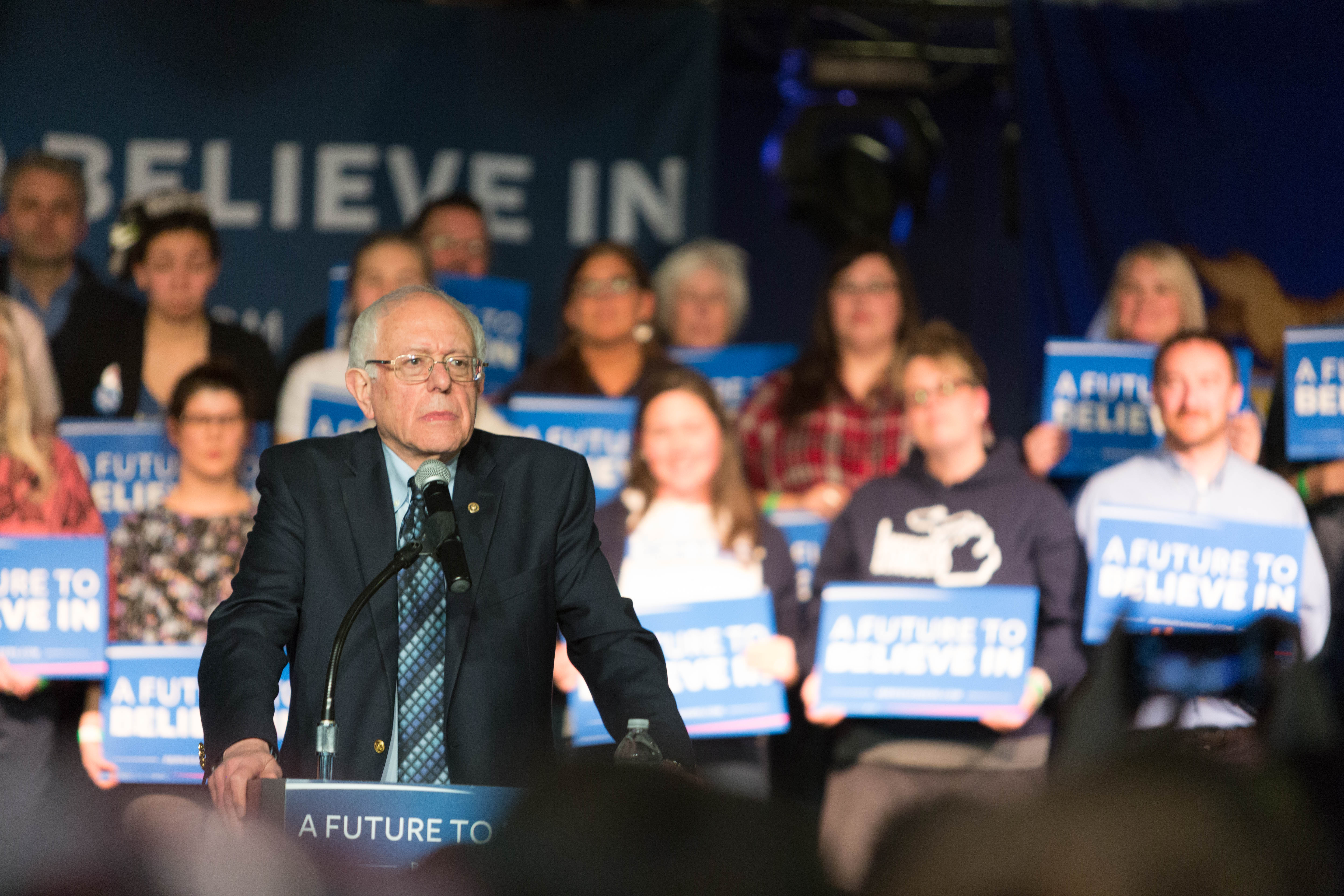Recently, I took a rideshare service to the Oakland airport and had a forty-five minute conversation with a Trump supporter named Bob*. While Bob was instructed to avoid discussing politics, religion, and sports to ensure good ratings, I convinced him to trust me – that I only wanted to understand. What follows is my attempt to report on and understand how a habitual Democratic voter comes to the decision to support Donald Trump. I do not necessarily think that his experience is generalizable to other Trump supporters, but perhaps provides some more nuances than traditional survey results provide.
What follows is a paraphrase of our conversation (in italics) with my thoughts (non-italicized) below:
Bob is a white male between 50-65 years old and drives for the ride share company full time. While it’s not ideal that he works for them, the job is carrying him through until he figures out his career path. He made boots for trade shows for twenty years before the economy began to unravel and collapse in 2008. He never really liked that job either, but it paid the bills.
He’s registered as a No Party Preference (NPP) in California but has voted Democrat almost all his life. Throughout our conversation, however, he never claimed a party label. He voted for Bill Clinton and Barak Obama both times. He likes Obama and thinks people are too hard on him. Bob thinks Obama is smart; he likes that he is protecting this country and that he keeps the peace. Most of all, Bob thinks Obama is inspiring – that he can calmly, yet convincingly make you believe in him. Obama has, in Bob’s words, “put the country on the right track”.
When I asked him about the issues that were important to him, he reported – honestly and without hesitation – that he did not have time to learn about the issues. He says its, “not (his) job to be involved in everything going on in the world. I don’t know political facts – I have to go with my gut.” During our entire conversation, he never mentioned one issue that was or was not important or inspiring to him. He doesn’t think about politics in his spare time.
Bob also doesn’t talk with most of his friends about politics. If he had to guess, he believes that most of his friends would support Hillary Clinton. However, a personal friend who is a citizen of another country supports Donald Trump. He says his friends don’t influence his political beliefs (much to my research agenda’s chagrin). He says the emotion with which his friends discuss politics on Facebook turns him off entirely. If anything, his friends influence him to be silent about his political beliefs; he seems to have some understanding that Trump is not popular among them.
He’s watched every season of Celebrity Apprentice and saw Trump make calculated, difficult and “politically correct” decisions. While he acknowledged that the show was perhaps just a scripted television show, he was still impressed by Trump’s capabilities. He trusts Trump’s ability to make hard decisions. Trump inspires him. Trump would be his first choice over all the other Republican nominees that were in the race. Despite Trump’s avid support for the Second Amendment, he still wants to vote for him even though he has never owned a gun and doesn’t think it should be so easy for others to own them.
In the past few weeks, however, Bob has seen Trump make a series of very poor decisions and this troubles him – specifically, his response to the Orlando shootings and his criticism of the judge of Mexican heritage. Trump, to Bob, is a good decision-maker – if he continues to make bad decisions, he may not be able to vote for him come November. Bob thinks Trump needs to be more politically correct and start acting presidential now that he’s the Republican nominee.
Perhaps equally notable as his staunch support for Trump is his persistent dislike of Hillary Clinton. Bob described Hillary as a “boring, angry women”. Her e-mail troubles and the other things that have enveloped her campaign don’t bother him – she’s just not inspiring. In his gut, he doesn’t trust her. In fact, he would support any other candidate (regardless of political party) besides Hillary. He says he probably would have voted for Ted Cruz or John Kasich over Hillary Clinton. Saying this and actually doing this, however, are two separate things. He even admitted that he’d vote for Bernie Sanders over Hillary because he can relate to his “hippie style”. He’d like to see Bill Clinton back in the White House though. If he could be Hillary’s top advisor, then he’d probably support that.
What should we make of all of this? I’m not sure if we should make very much of it at all. Every individual has a unique story – there is no one size that fits all in the political world. Voting remains a very personal and complex decision. However, I walked away from my conversation with Bob with a greater understanding of a few things.
First, this confirms some of political scientists’ and democratic theorists’ deepest fears – voters’ lack of sophistication and knowledge (Converse, 1964; Lupia, 2016). Here we have a habitual Democratic voter with no real understanding of why he’s a Democrat besides his “gut feeling”. I do not mean to imply that all Trump voters or all Democrats aren’t knowledgeable about the issues; however, it does hold true in this and, I believe, other cases as well.
Secondly, there are a lot of individuals who support and plan to vote for Donald Trump. I think the country’s obsession with political correctness, silences a good number of individuals in our political system. Trump, for better or worse, seems to be giving a voice to those individuals who are afraid to speak. We need to be better at trying to understand one another and permit different ways of thinking. If Democrats knew only one thing about Bob – that he supports Trump – they may have labeled him “as the other side”. This couldn’t be farther from the truth, however. Bob has supported Democratic candidates all his life.
Third, I do believe there is some sexism at play here and perhaps amongst other voters this election season. It’s unclear if his vote is “for Trump” or for “anyone but Hillary.” Bob’s repeated use of “angry woman”, his hopes that Bill would be Hillary’s top advisor if she is elected, and his “anyone but her” mentality lead me to this (tentative) reflection. Is there something about Hillary Clinton’s gender that prohibits him (and others) from voting for her?
I gave Bob five stars – not because I agree with him, but because I appreciate his willingness to openly share his political beliefs. We all need spaces where we can express our political beliefs without fear of judgment.
In what ways has this election season changed what you know about politics? In what ways are you going to try to understand “the other side” better?
Do you have a voter profile to share? Contact me using the form above!
*Real name changed to ensure privacy
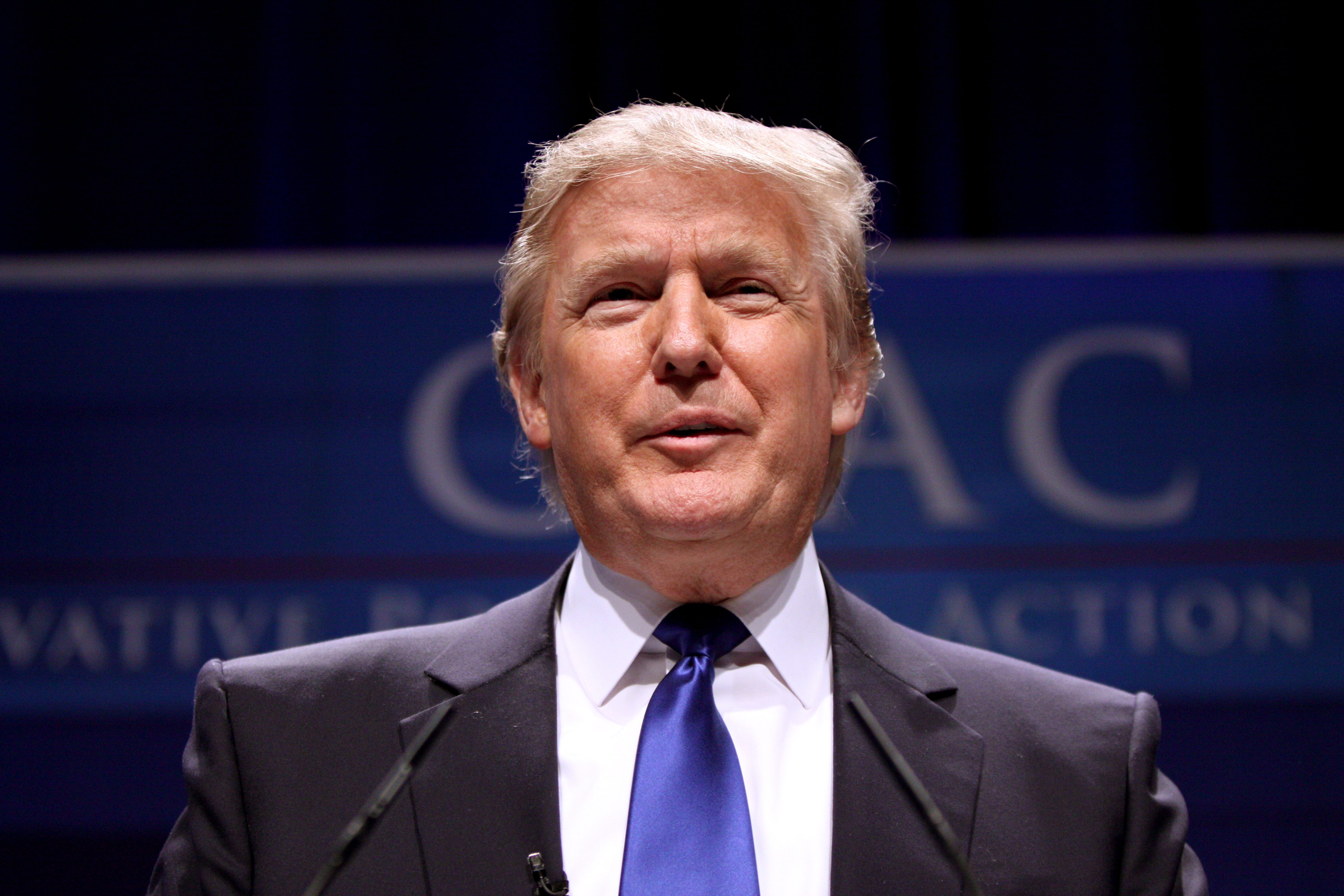
“Donald Trump” by Gage Skidmore (CC BY-SA 2.0)

